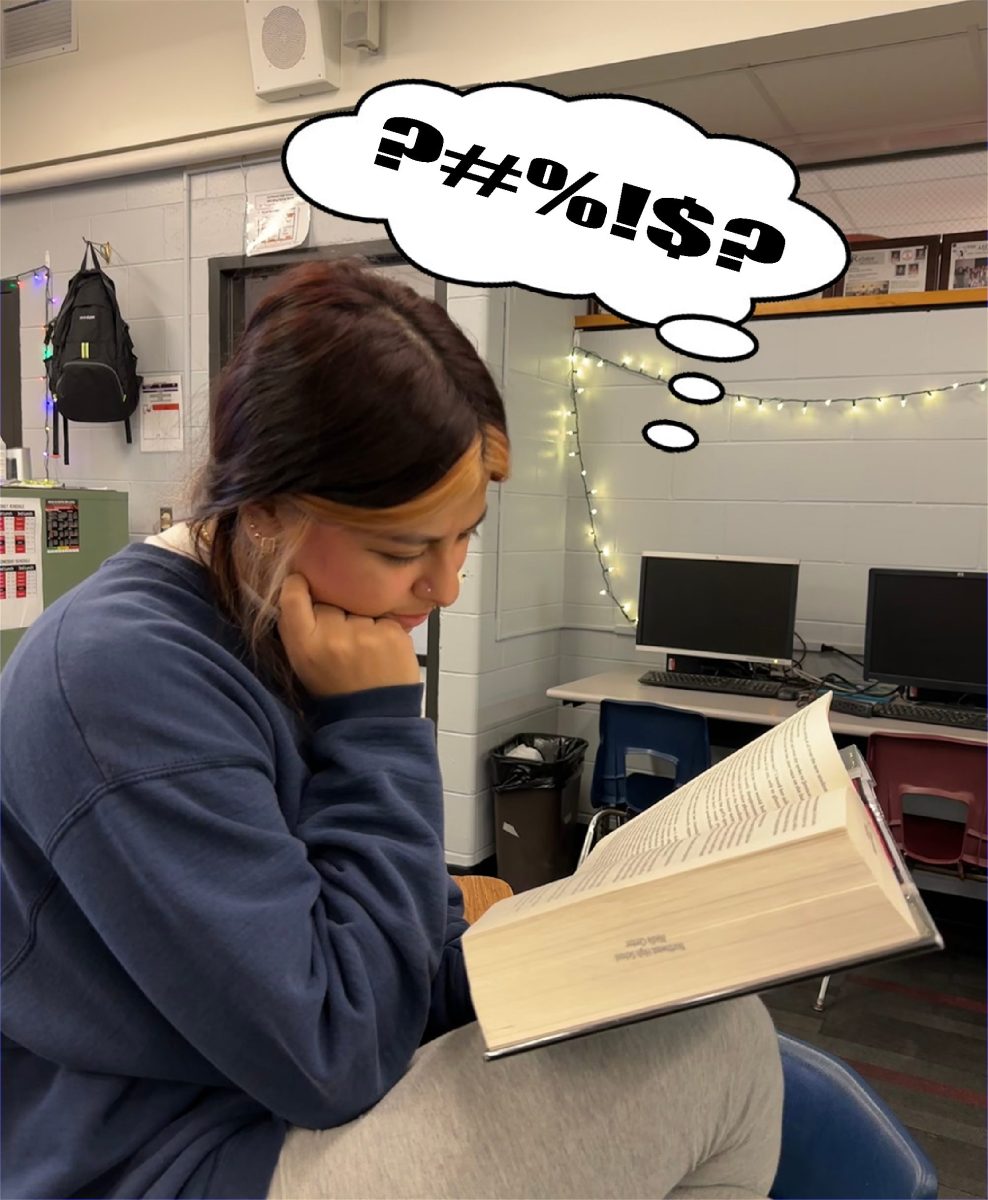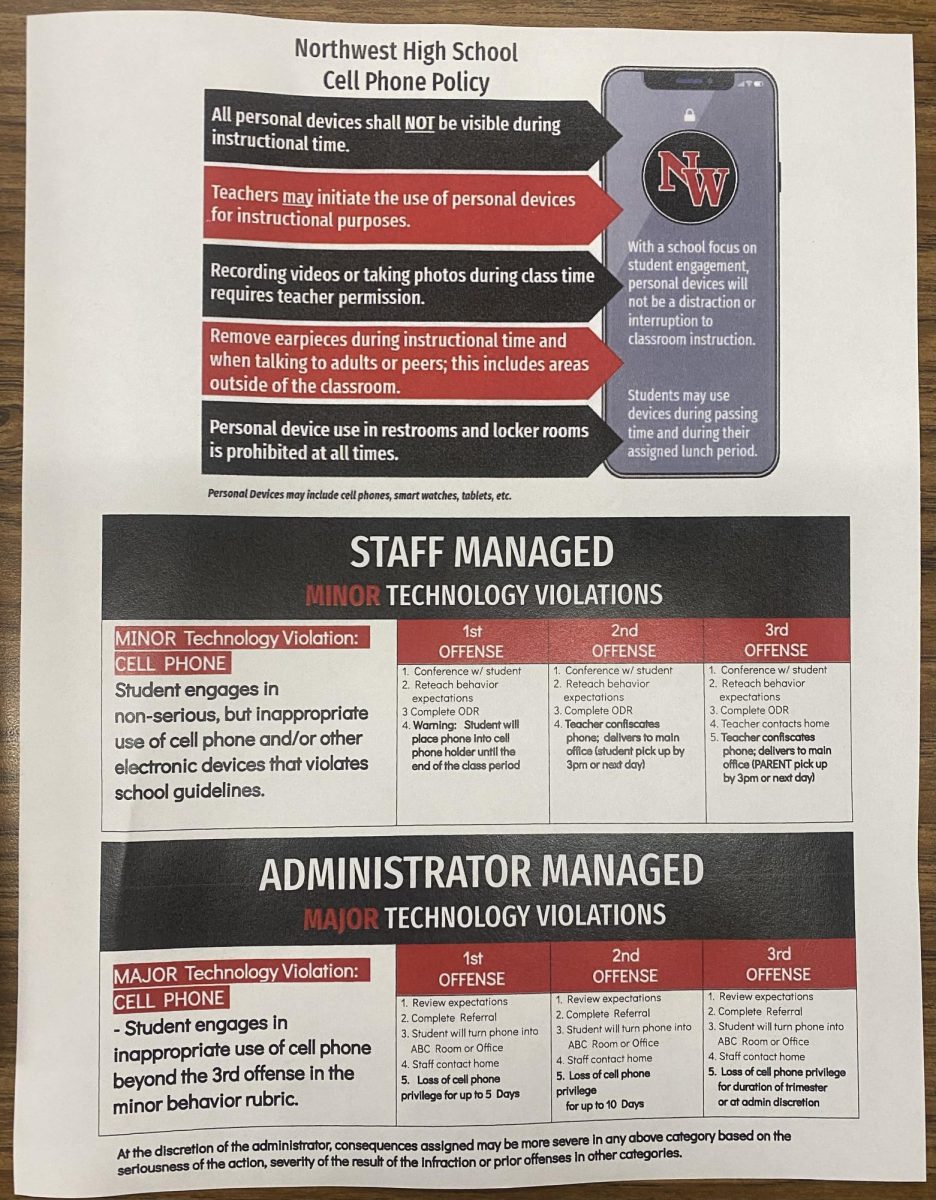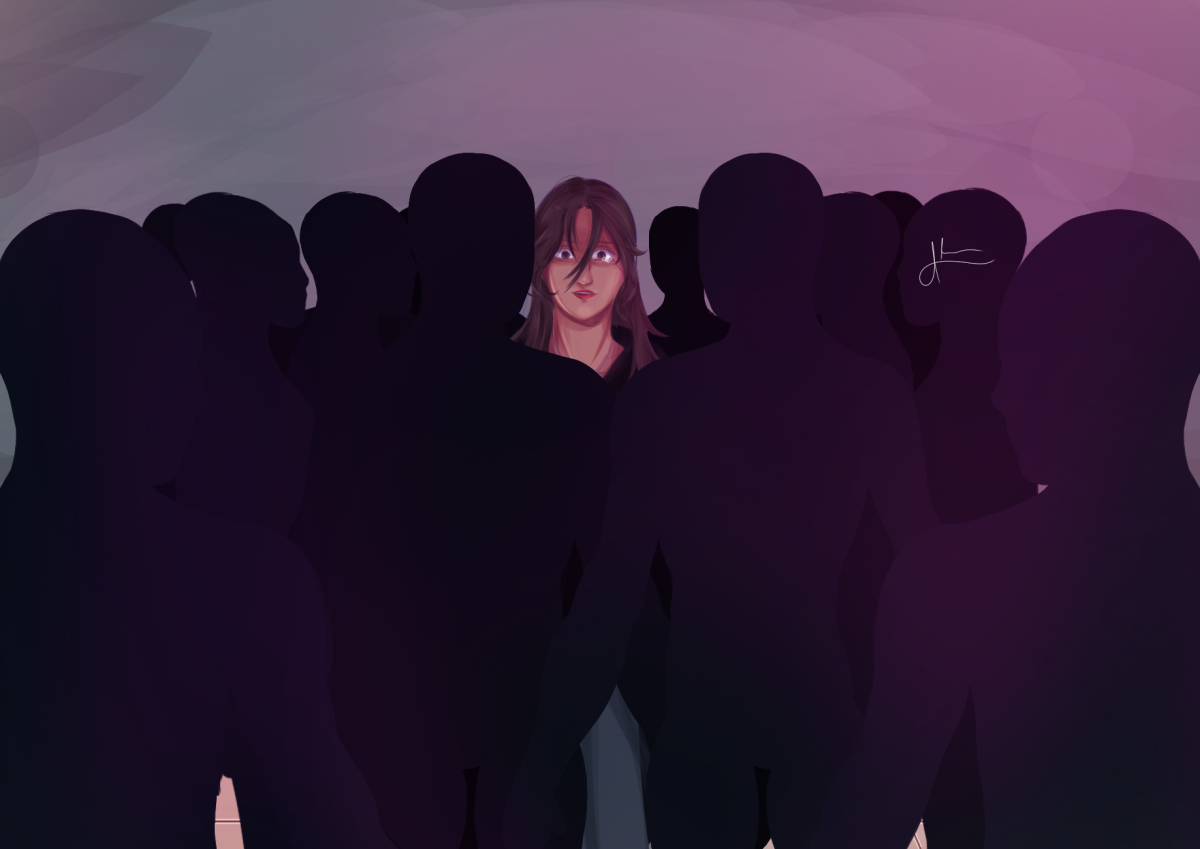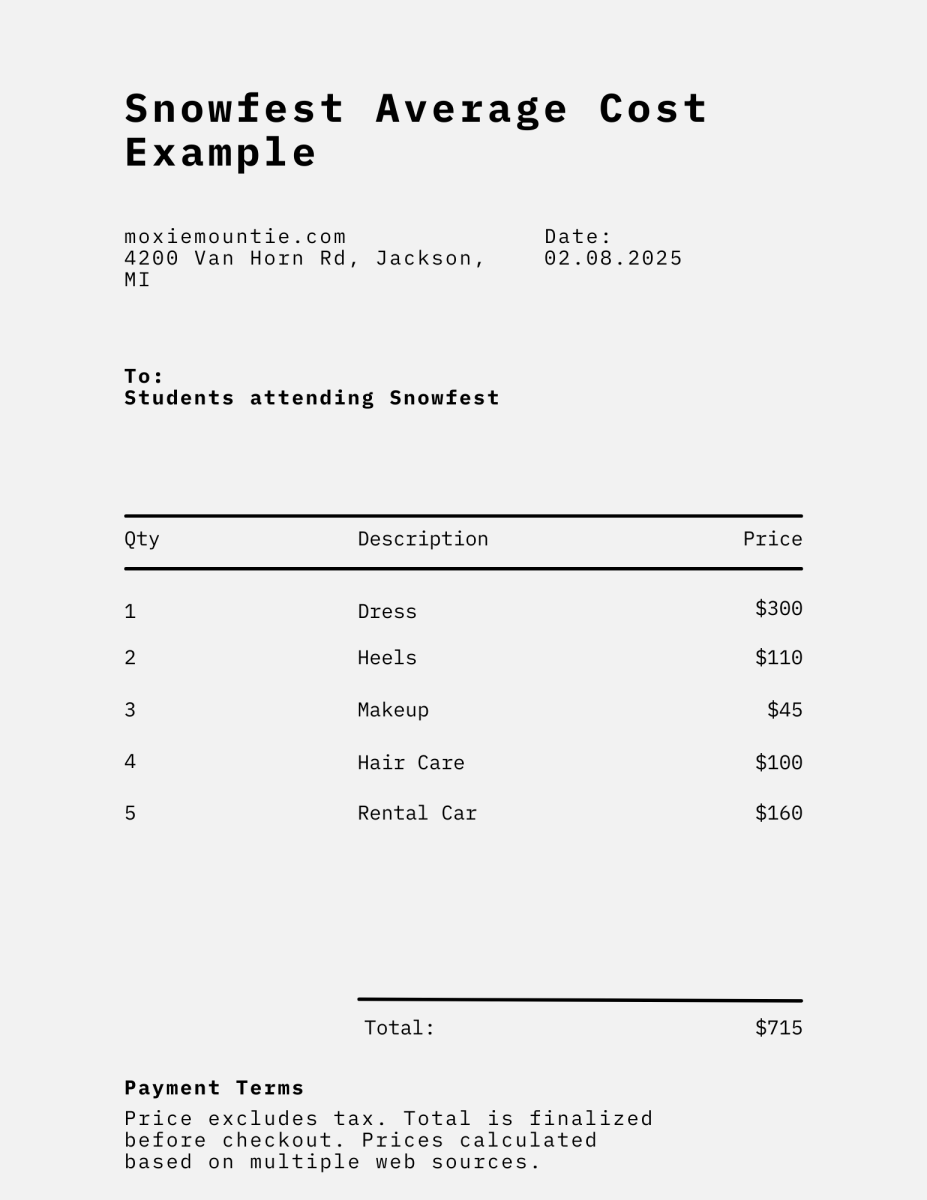Some people acquire the ability to read with ease early on. Others develop it through practice and trial. The skill of reading is not easily collected for everybody. Some have or have had difficulty.
Economics Teacher Elizabeth Hoffbauer shared her story of reading difficulty in her high school years.
“With the age of entertainment and portable entertainment, there are all these multimedias presented in front of you that don’t require you to actually connect and process what was put in front of you, ” said Hoffbauer.
Hoffbauer believes that students may not like reading because of the way cell phones and other media devices present a person with entertainment. Entertainment that one would not need such a high reading skill to process.
It is possible a dislike for reading does not come from pure distaste, but possibly a reading impairment.
“I’m dyslexic,” said Hoffabuer. “I sometimes flip letters within words, or words within sentences, because dyslexia isn’t something you can take a pill for.”
If a person has difficulty putting words and letters together, it can make reading a challenge, and therefore a chore that does not inspire them to continue.
The loathing of reading can be traced to a source, possibly a person or circumstance in the past. Senior Caleb Golombek has a distaste for reading and traces it back to classes.
“The advanced classes for English Language Arts (ELA), it was just too much reading,” said Golombek. “It made me not like it at all, and I dread reading now.”
An overload of reading assignments and projects can build stress in students, and they will trace the source back to reading.
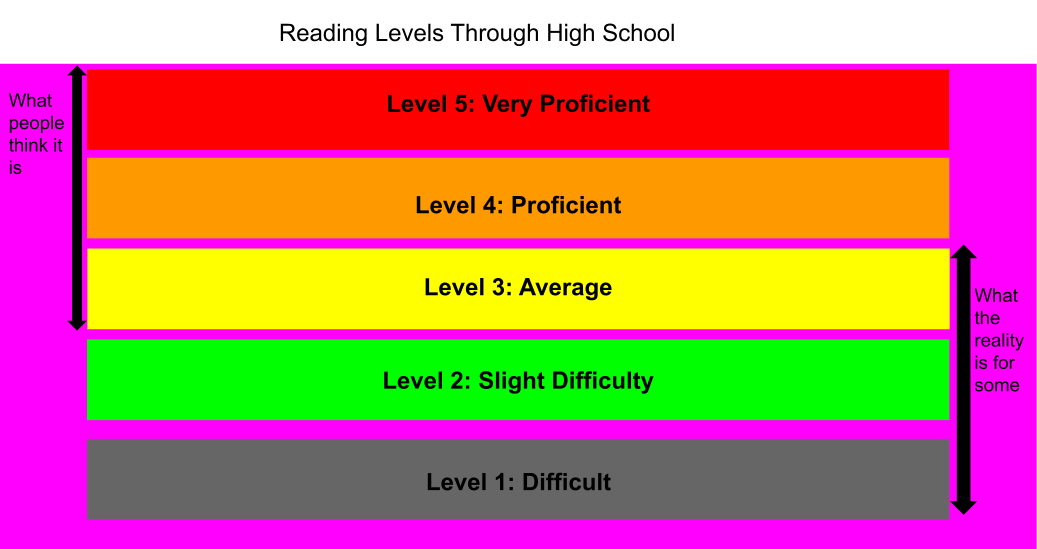
“When I was nineteen, and I read The City Of Joy, I think that was a catalyst to me that I could read,” said Hoffbauer.
In many cases, the right book is what gets a reader into the skill.
Reading can be tough, but there is usually a strategy or tool that aids aspiring readers.
“Sparknotes is a tool I think is super helpful,” said Hoffbauer.
Sparknotes can help readers by explaining books and assignments and assisting troubled students with whatever they are working on.
“Having to do all the questions, going into the deeper meaning of the books, ruins the book for me. If you want people to read, make sure it is to what they like,” said Golombek. “You cannot just give someone a random book and tell them, ‘Hey, read this’.”
Readers will often attach to a genre they find interesting, and will likely pay more attention and effort to a book of that genre, rather than something they are forced to read.
Any person would know that reading is a skill, that is required to make life easier, safer, and more prosperous. Hoffbauer claims that there are specific ways this is proven.
“There is not a job out there where reading is not some part of it,” said Hoffbauer.
Every kind of job in America has some kind of reading skill requirement, so to have an amount of reading capability is essential, especially for certain jobs such as fields in medicine or mechanics.
In certain situations, specific genres of books are easier to read than others, which can help readers in building this skill.
“Having to do all the questions, going into the deeper meaning of the books, ruins the book for me. If you want people to read, make sure it is to what they like,” said Golombek. “You cannot just give someone a random book and tell them, ‘Hey, read this’.”
Readers will often attach to a genre they find interesting, and will likely pay more attention and effort to a book of that genre, rather than something they are forced to read.
“Picture books are generally easier to process,” said Golombek.
For some, picturing what is going on in the book is a tough job and makes it overall harder to retain and comprehend information. Golombek suggests that books that automatically include pictures would be easier than others.
All in all, defining just how difficult reading is depends on a person’s experience and preferences. More often than not, however, people should acknowledge that reading is vital, and everyone should be able to learn it at their own pace.

